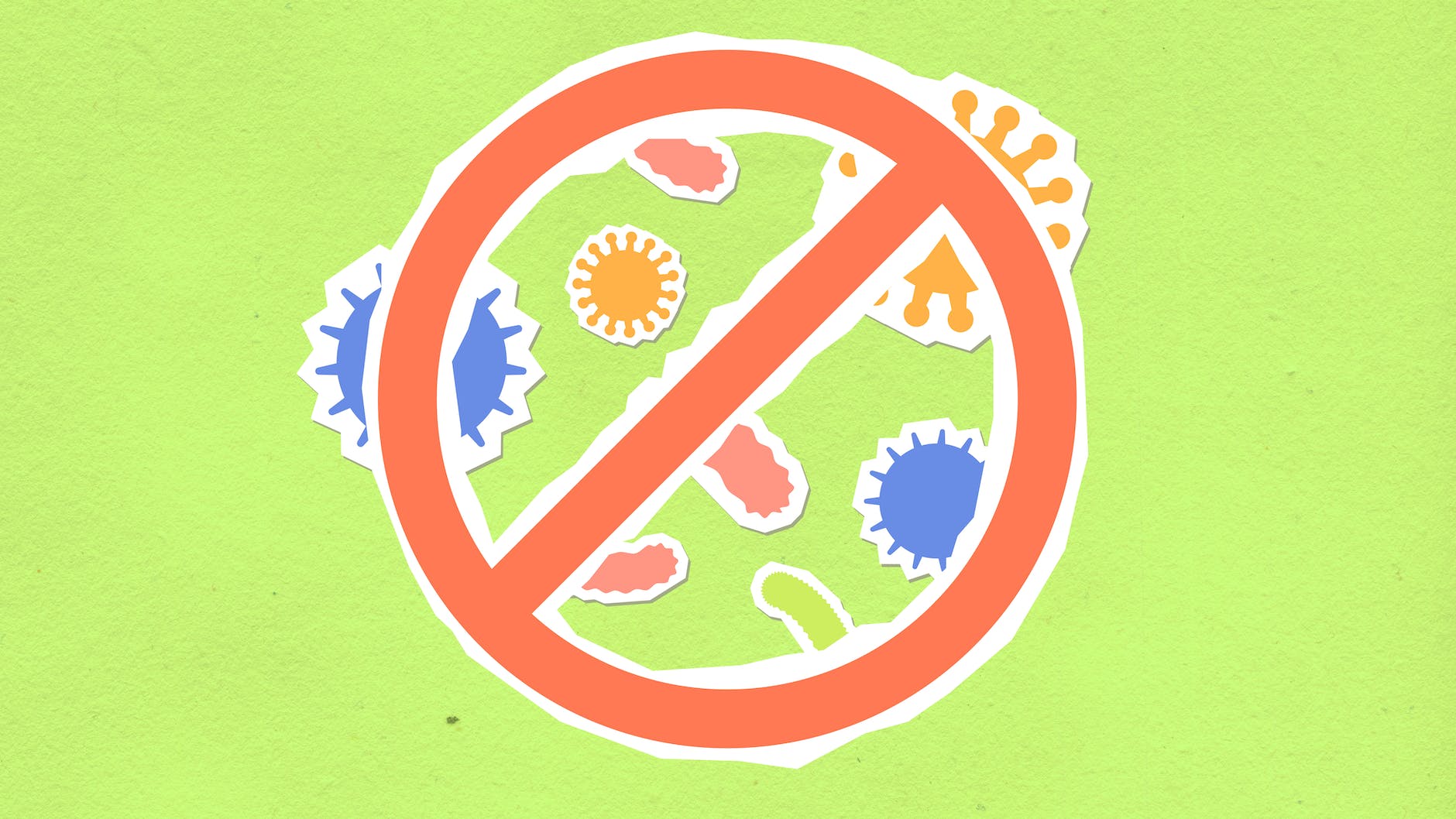Exploring the Oral Microbiome’s Role in Health
The human body is a complex ecosystem, home to trillions of microorganisms that inhabit various niches from the gut to the skin. Among these biological communities, the oral microbiome stands as a critical component of our overall health. Not only does it play a pivotal role in oral health, but emerging research suggests that it may have far-reaching effects on systemic health as well. In this article, we will delve into the intricacies of the oral microbiome, exploring its composition and function, and examine the connections between oral flora and the health of the entire body.
Unveiling the Oral Microbiome
The oral microbiome refers to the community of microorganisms, including bacteria, fungi, viruses, and protozoa, that reside in the oral cavity. This diverse ecosystem establishes itself from birth and evolves over time, influenced by factors such as diet, hygiene, and genetics. A healthy oral microbiome is characterized by a delicate balance among different microbial species, which work together to protect the mouth from pathogenic invaders and maintain oral tissues’ integrity. Disruptions to this balance, however, can lead to dental caries, periodontal disease, and other oral health issues.
Advancements in sequencing technologies have allowed scientists to catalog the vast array of microbial species present in the mouth. It is estimated that the oral cavity hosts over 700 species of bacteria alone. These microorganisms occupy various oral niches, such as the teeth, gingival sulcus, and tongue, each offering a unique environment for microbial colonization. Understanding the specific interactions and functions of these microbes provides valuable insights into the maintenance of oral health and the prevention of disease.
The composition of the oral microbiome is dynamic, responding to daily activities like brushing, flossing, and eating. The introduction of antimicrobial agents, changes in pH, and the presence of nutrients can all influence microbial growth and activity. Dental professionals emphasize the importance of maintaining a stable and diverse oral microbiome, as it is essential for the proper digestion of foods, the synthesis of certain vitamins, and the defense against pathogenic organisms that could cause disease.
Oral Flora and Systemic Health
The connection between oral health and systemic health is a burgeoning field of study that has captured the attention of researchers and healthcare providers alike. The oral microbiome is not isolated; it interacts with the body’s systems, and its state can reflect or influence the health of the individual as a whole. For instance, periodontal disease, driven by a dysbiotic oral microbiome, has been associated with an increased risk of cardiovascular disease, diabetes, and even adverse pregnancy outcomes.
Oral bacteria can enter the bloodstream through diseased or injured oral tissues, potentially leading to bacteremia and distant site infections. This translocation of oral microorganisms has been implicated in the development of endocarditis, and the exacerbation of conditions such as rheumatoid arthritis and inflammatory bowel disease. As such, maintaining a healthy oral microbiome could be crucial for preventing the onset or progression of systemic diseases.
Moreover, the oral microbiome may serve as a diagnostic tool, as shifts in its composition could signal the onset of systemic diseases. For instance, certain oral bacteria have been linked to pancreatic cancer and kidney disease. Salivary diagnostics, capitalizing on the ease of sample collection, are currently being explored as non-invasive methods for detecting and monitoring various health conditions. The oral microbiome’s potential in early disease detection and management underscores its significance beyond the confines of oral health.
The exploration of the oral microbiome has unveiled its profound impact on our overall health. Far from being a mere bystander in the body’s complex systems, the oral microbiome is an active participant, with the power to influence and reflect our systemic health. As we continue to uncover the intricate relationships between the oral flora and various health conditions, the importance of oral hygiene and regular dental care becomes ever more apparent. The mouth is not just a gateway for nutrition but also a mirror that reflects the health of the entire body, and a well-balanced oral microbiome is a cornerstone of wellness. Through continued research and increased awareness, we may unlock new strategies for maintaining health and combating disease, all starting with the world within our mouths.

